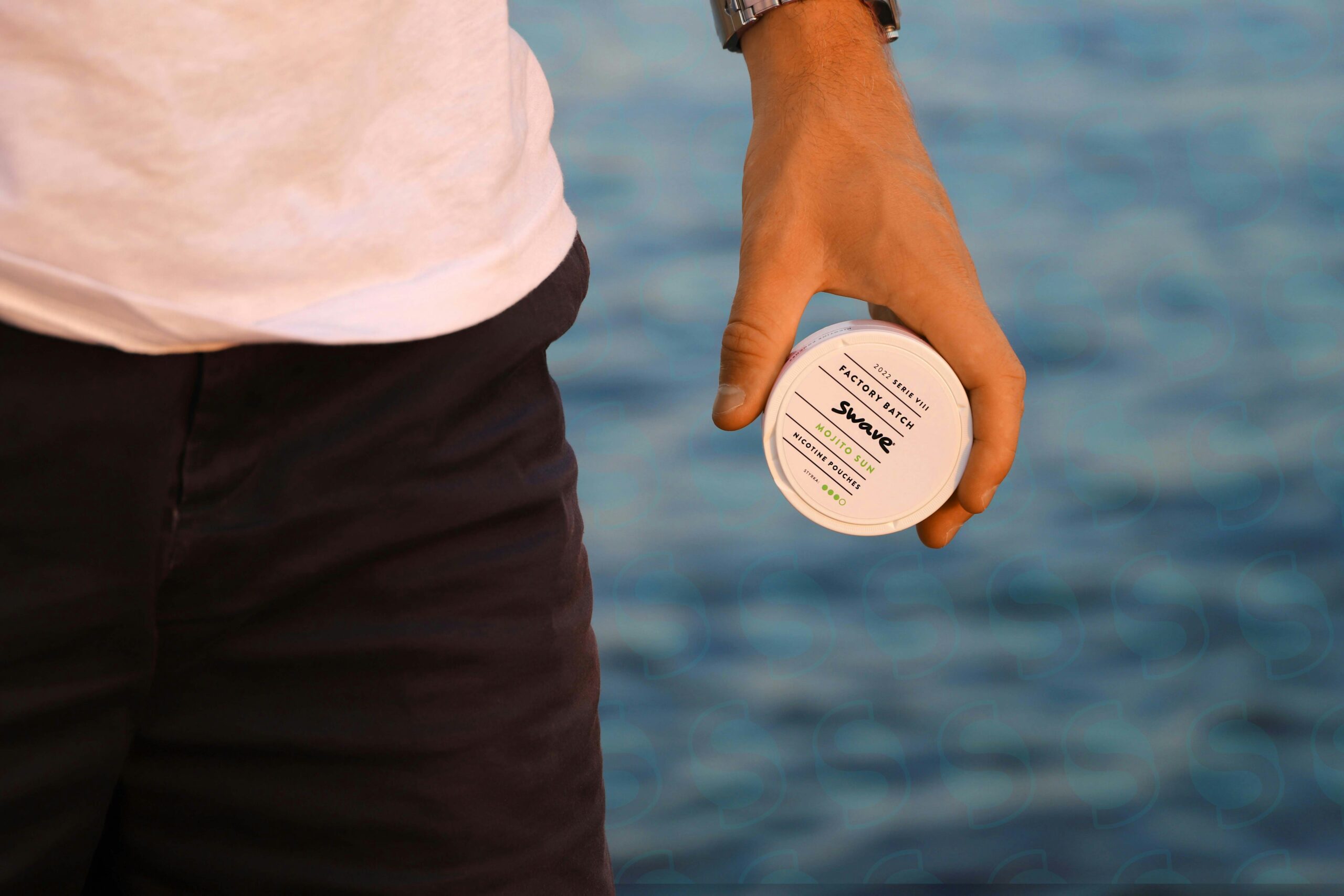The Government Has Vowed To “Eradicate” Nicotine Pouches

The Government Has Vowed To “Eradicate” Nicotine Pouches
Text: Izzy Copestake
The war on zyn has begun.
Unless you’ve been living under a rock, you’ll know what nicotine pouches are. The small, teabag-esque pouches slot under your lip and deliver a quick nicotine hit, and a flavour. However, depending on who you ask, they’re either the future of nicotine use and a step away from smoking, or a public health nightmare.
The government is cracking down. Speaking at the World Conference on Tobacco Control 2025 this week, Health Minister Jennifer Carroll MacNeill made her stance clear. “We’re working to try to eradicate them,” she said, calling nicotine pouches “particularly invidious.”
The main reasoning behind this panic is the reports of children using them in school. “They have the capacity to get very high doses of nicotine to children in very subtle ways, but very, very quickly,” she told reporters. Paul Crone, Director of the National Association of Principals and Deputy Principals, previously urged the HSE to issue a health advisory around their use. Students, he warned, find them far easier to hide than traditional tobacco or vape products.
Because nicotine pouches contain no tobacco, and don’t fall under existing vape laws, and they’ve slid under the regulatory radar. Until now. The government wants to now make nicotine pouches as unappealing as possible.
Taoiseach Micheál Martin took it a step further. Vaping, he said, is “the revenge of Big Tobacco,” part of a larger effort to get nicotine “back on the agenda.” Big restrictions are coming next February, with promises they’ll make a “big impact.” Carroll MacNeill made it clear that flavours like coconut and pineapple have no place in what she calls “an addiction to a drug.”
On an EU level, Ireland wants the rules updated to reflect a broader range of nicotine products, not just traditional tobacco. “The world has moved on since that was agreed,” Carroll MacNeill said. “It’s not just about tobacco, it’s about the other nicotine projects… But one of the issues there is where one country takes lots of steps to ban different products. It comes so easily across the border from another EU member state, so we have to take a harmonised approach on it from a public health perspective.”
Elsewhere on District: Over 41,000 Women Reported Abuse To Women’s Aid In 2024